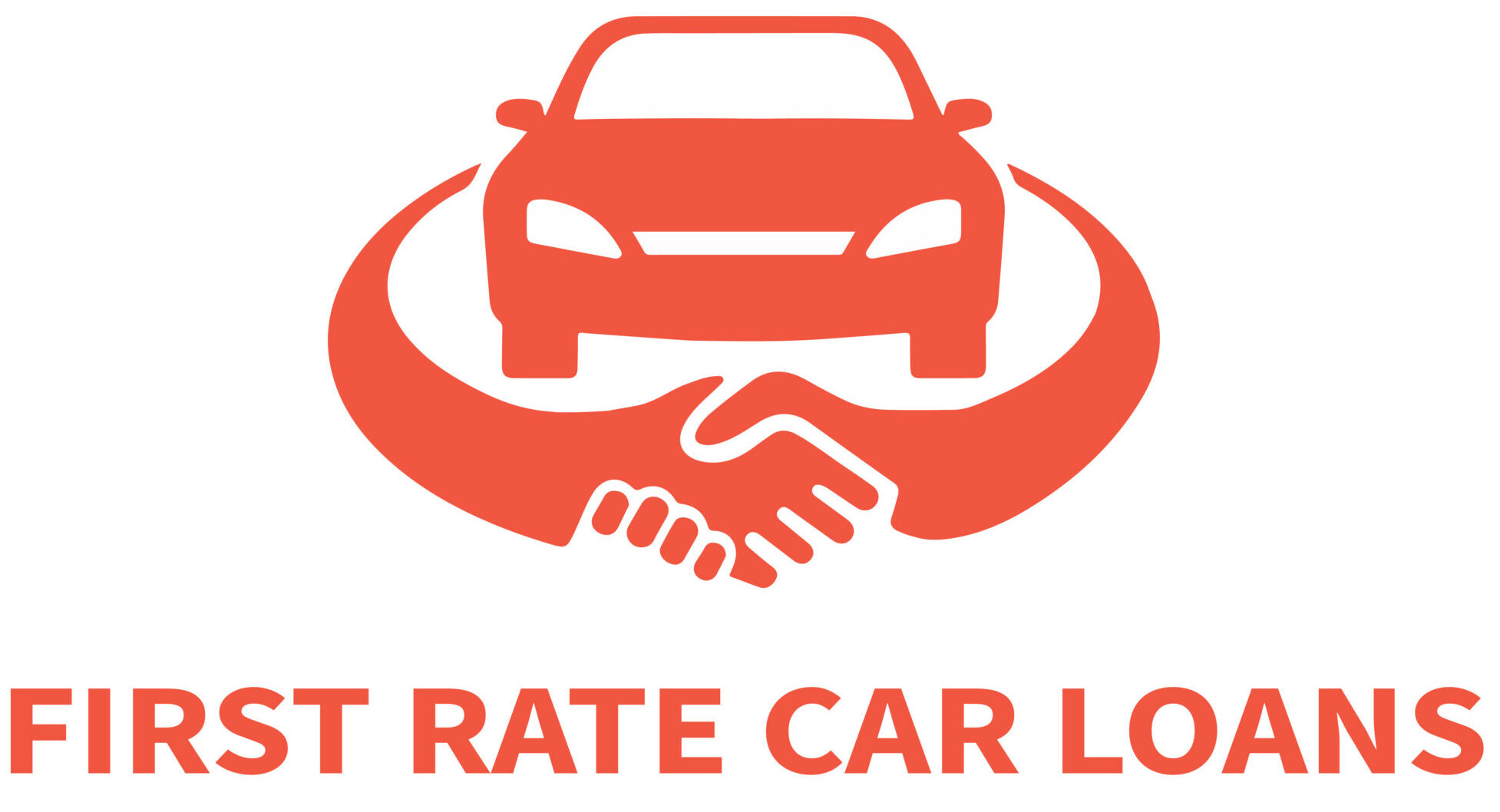When running a business, one often requires a certain amount of funds to carry out business activities. It can be used to purchase equipment, hire or pay employees, purchase land, etc.
Many operational costs and capital are required from time to time to keep a business afloat. Many businesses often don’t have the capital to carry out some business activities. A commercial loan is one prominent way to get the required capital.
Many businesses apply for a commercial loan with little understanding and get dragged into a tiresome cycle of repayments. To help you make the best decision, here are five things to know about commercial loans.
The difference between commercial and residential loans
First, you need to know that commercial loans are different from residential loans. Unlike a residential purchase, you need a larger deposit when you are in the market for a commercial loan. Also, you can ask for more than the property’s actual value. Consider the limit of 75 per cent of the commercial property’s value, or in some cases, even low as 65 per cent. Another major difference is the interest rate and fees, which are higher with commercial loans than residential loans. Also, the repayment schedule is shorter with commercial loans, like 15 years. Therefore you are more likely to repay more, as you will have a shorter repayment time than a residential loan.
Commercial loans are riskier for lenders
By now, you would have a basic understanding of how different commercial and residential loans are. Well, add another factor that commercial loans are riskier for lenders. Everything is different with a commercial loan, including different rates and timelines. The commercial lending market is less competitive. Thus, it is riskier than a residential one. The values are more affected by economic changes, consumer behaviour, and infrastructure.
Commercial loans interest rates
As we said earlier, the interest rates for commercial loans are very different. They vary according to whether they are fixed or variable and whether the loan was secured with a residential or commercial property. The rate of interest for commercial secured loans is generally higher, as commercial properties are seen as more risky than residential property.
Alternative commercial finance options
If you are a small business owner, there are many alternatives to commercial loans, as big businesses and large corporations mostly prefer it. The most accessible ones are credit cards, available in personal and business versions. Having a business credit card is highly recommended for business owners. You can also consider a business overdraft, which enables you to have a negative balance up to a certain limit. Then there are other alternative commercial finance options available, like invoice finance, business lines of credit, and unsecured online loans.
Create a comprehensive plan
A lot of paperwork is involved with commercial loans, especially with larger projects like construction. One is expected to have a thorough understanding of the risks involved with the project that can impact its progress or success. Also, a strategy and plan to minimise. That is why it is better to have a comprehensive plan before you apply for a commercial loan for your real estate project or business requirements. You can make the best out of every circumstance with a better understanding and detailed plan.
In Conclusion
These five factors are crucial that you should keep in mind when you are seeking a commercial loan. There is a drastic difference between residential and commercial loans in terms of interest rate, fees, repayment schedule, and deposit. Commercial loans pose more risk than residential loans for a lender. They are also more vulnerable to economic changes. It is better to have a comprehensive plan to tackle every possibility. A comprehensive plan should also include alternatives to seek commercial financing.


